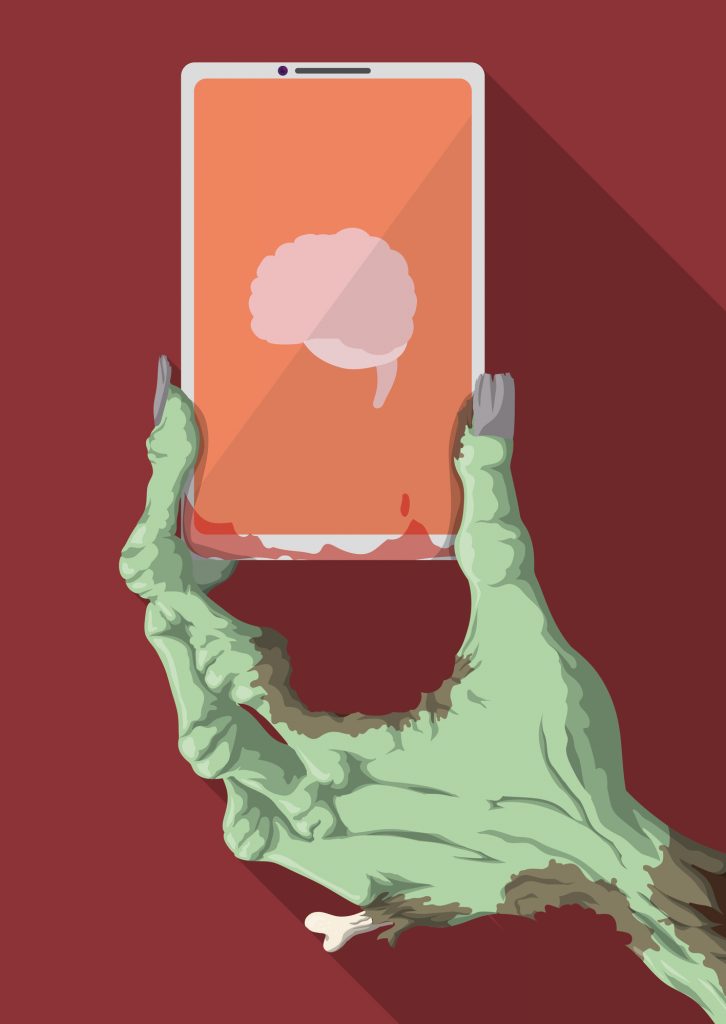Mexico, Sept 2019, during my first solo trip in 4.5 years: I didn’t think that eating a taco could feel like a divine experience – I mean, most of the time I barely even notice what I’m eating – but right now, this taco is making me believe in God.
And no, I’m not high. It’s just that for the first time in ages, I’m rested, relaxed, and focused on what’s right in front of me.
The past four years have been a whirlwind. I abandoned projects that weren’t working, sought projects that will, and created fairly stable inner wellness (here and here). Though there were certainly some hard parts where life felt relentless, mostly, it seemed like the time slid through my fingers. I haven’t come to a full stop until… now. And good lord is it nice.
***
When we try to take care of ourselves, we generally think in terms of adding more to our plate. Exercise. Meditation. Salads (blah). Date nights. Massages. Time management software. Whatever. And that makes sense. In many instances, we need to add stuff to our plates. It also fits culturally: we live in a world obsessed with doing and taking action.
For years, when I thought of self care, I thought in terms of doing. The catch is, doing more inevitably creates further complexity and often complication. I recently realized that there is another approach to self-care that can unlock new levels of happiness, contentment, productivity, and creativity. Specifically, it’s learning what not to do and what to remove from your life. In this article, we’ll cover three approaches to improving your life by doing less.
1: Strategically block out the world

Have you ever been so stressed that you’ve forgotten what it’s like to be at ease? Though I didn’t realize it until I was in Mexico, that’s exactly what happened to me. While it’s tempting to point at a busy schedule as the main culprit, that’s not exactly it.
In fact, the real problem is much less complicated: it’s my damn phone.
If some acquaintance from way back when happens to have my number, he can make my phone vibrate – without my permission – from a million miles away. In doing so he’s killing my focus and inspiring a mini existential crisis as I debate, “Do I respond now? Later? Never? Maybe now because my attention is already broken. But also, maybe later – I don’t want to get into a text conversation. I’ll schedule a reminder. Also, why in the world is he contacting me? Wait. Do I even want to talk to him? AHHHHHHH!!!!!!!!!!”
There’s also the more mundane occurrence of someone I know and love texting something non-urgent that I quickly reply to, and before I know it, 20 minutes have vanished into the ether.
Of course, the problem isn’t the phone itself. It’s how we respond to it. Though we live in a world that pretends that multitasking is possible and fun, it’s not. Studies are very clear: we’re happier and more productive when we’re focused on one thing at a time. This is especially true if our phones are out of sight.
The trick is to get cool with shutting the world out. With intent, I’m responding to texts, emails, and calls more slowly. I want the people in my life to understand that unless it’s truly urgent, I’m not able to drop what I’m doing. This isn’t easy for me. As a people pleaser, I feel an almost moral obligation to respond ASAP, but I’m working on it and it’s making my life better. For me, this is especially important – and difficult – in the relationships that aren’t as balanced as they should be. In some cases I’m learning to just delete or ignore the emails, voicemails, and texts that just aren’t worth my time.
2: Set boundaries with yourself

I’ve developed a stupid habit. I’ve been watching Lucifer and simultaneously playing with my phone, checking email, and skimming the news. The end result: what should have been relaxing is actually mildly stressful and horribly unproductive. This, of course, is just one example of dozens that show I’m failing to set good boundaries with myself.
Fortunately, the solution is equally obvious: protect time just for yourself. Go for a walk. Garden. Journal. Nap. Read. Watch Lucifer (without checking your email). The activity is less important than the time dedicated to rejuvenation and big picture thinking. And of course, keep your phone off and leave your computer at home. This is time just for you.
More on setting boundaries here.
3) Every now and then, do nothing

Doing nothing can be scary. We tell ourselves that we hate boredom without realizing that boredom is a defense against the moment. We fear that if we examine our mind we may not like ourselves all that much.
But allowing boredom can be an enchanting experience. When you turn the volume down on the rest of the world, the simplest things, like eating a taco, can become borderline divine. With luck, you might notice your demons are less powerful when you surrender into the moment.
I realize that doing nothing is such an alien concept that some people will need instructions:
- Make a cup of tea and grab a piece of chocolate (or pour a whiskey and get a sandwich, whatever).
- Turn your phone and computer off.
- Hide somewhere beautiful where people won’t find you (or lock the doors and make the space you’re in beautiful).
- Now slowly, drink your beverage and eat your snack. If a brilliant idea strikes you, write it on the back of a napkin.
- That’s it. After an hour or two, you can resume your normal life of doing.
If you’re anything like me, your mind will go nuts at first. Then it gets bored. Then, it finally becomes enchanted. Somehow, you become a bit more equipped for it all.
Hat tip to Pico Iyer’s book, “The Art of Stillness”